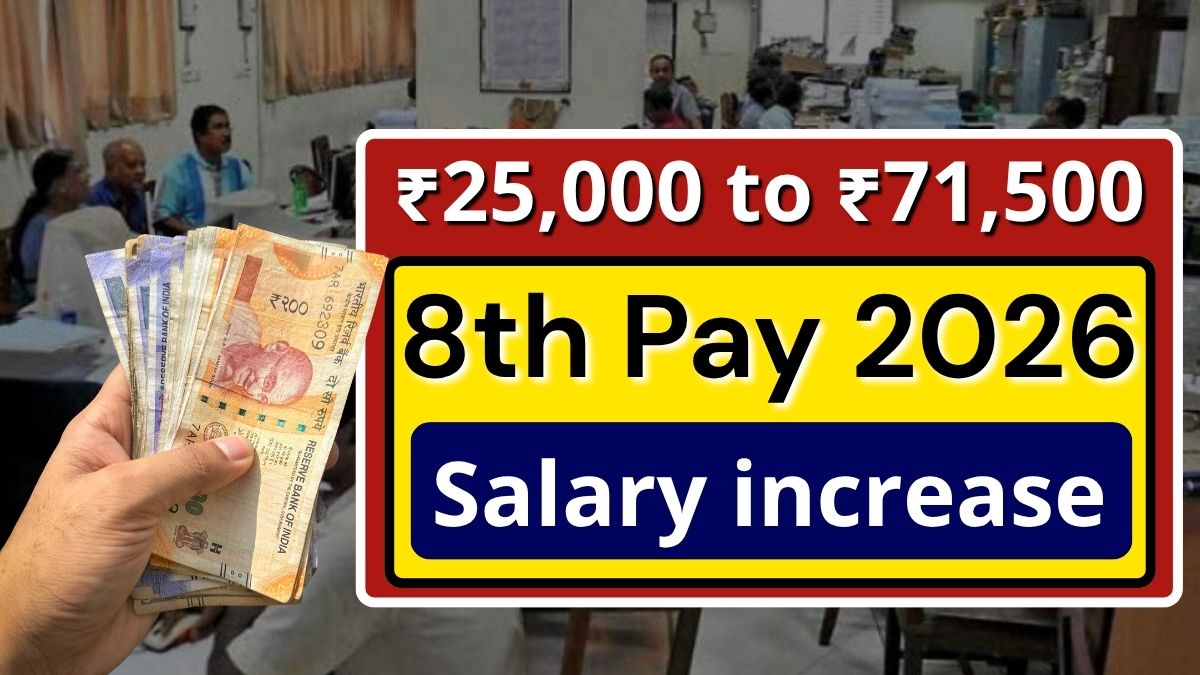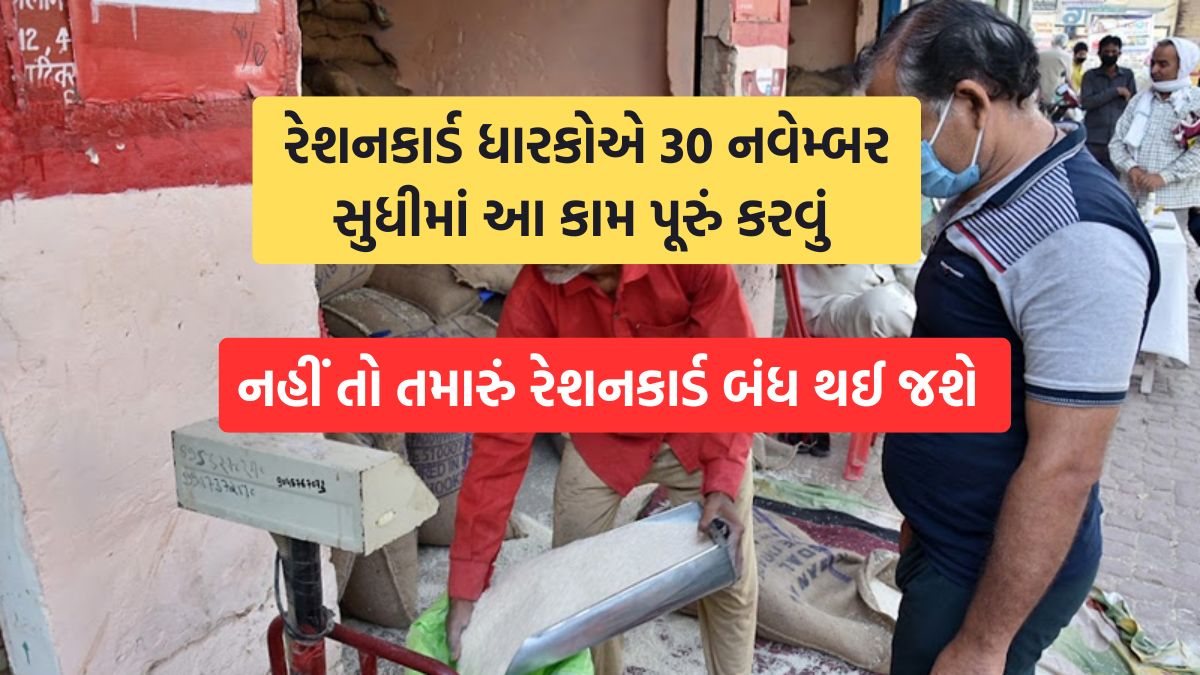Big news for central government employees: If you’re a central government employee, this update could bring a real smile to your face. The 8th Pay Commission is officially on track — the Union Cabinet has approved all its terms, and former Supreme Court judge Ranjana Prakash Desai has been appointed as its Chairperson.
The Commission will submit its report within 18 months of formation, with the implementation likely from January 1, 2026. And yes — if the predictions hold true, your salary could jump from ₹25,000 to nearly ₹71,500.
Sounds exciting? Let’s break down what’s happening and how it could affect your pay slip.
What exactly is the 8th Pay Commission?
Every few years, the government reviews the salary structure of its employees to match inflation and living costs. The 8th Pay Commission will decide how much salaries and pensions should rise this time.
Just like the 7th Pay Commission (which raised the minimum basic pay from ₹7,000 to ₹18,000), the 8th Commission will use a fitment factor to revise the base salary. This number adjusts for inflation and ensures fair compensation for employees and pensioners.
Salary calculation — see how much your income could grow
The 7th Pay Commission used a fitment factor of 2.57, while early estimates suggest it could rise to 2.86 under the 8th Pay Commission. Let’s look at what that means for your take-home pay.
| Component | 7th Pay Commission | 8th Pay Commission (Expected) |
|---|---|---|
| Basic Pay | ₹25,000 | ₹71,500 (₹25,000 × 2.86) |
| Dearness Allowance (DA) | 58% = ₹14,500 | 0% (reset at implementation) |
| HRA (Metro, 27%) | ₹6,750 | ₹19,305 |
| Total Salary | ₹46,250 | ₹90,805 |
That’s an increase of over ₹44,000 per month — a major boost for millions of government employees.
And it’s not just for those still working. If your basic pension is ₹9,000, it could rise to ₹25,740 after the new pay scale takes effect.
Why the fitment factor matters
Think of the fitment factor as the multiplier that adjusts your salary to keep up with inflation. It’s the single most important number in pay revision — the higher it goes, the bigger your pay rise.
So when the government finalizes the factor (expected around 2.86), it will directly determine how much extra you see in your bank account.
When will this all happen?
The Commission has 18 months to complete its report, and if everything stays on schedule, the new salary structure will likely apply from January 1, 2026. That means central employees could see the first revised salary slips in early 2026 — a welcome New Year gift for thousands of families.
Frequently Asked Questions
1. When will the 8th Pay Commission be implemented?
It’s expected to take effect from January 1, 2026, after the Commission submits its report within 18 months of formation.
2. What is the expected fitment factor under the 8th Pay Commission?
Experts predict it could increase from 2.57 (7th CPC) to around 2.86, leading to a significant rise in basic pay and pensions.
3. How much salary increase can central government employees expect?
A minimum basic salary could jump from ₹25,000 to about ₹71,500, depending on grade, location, and allowances.












